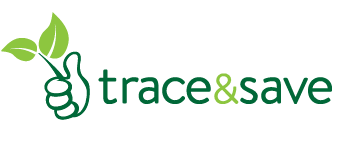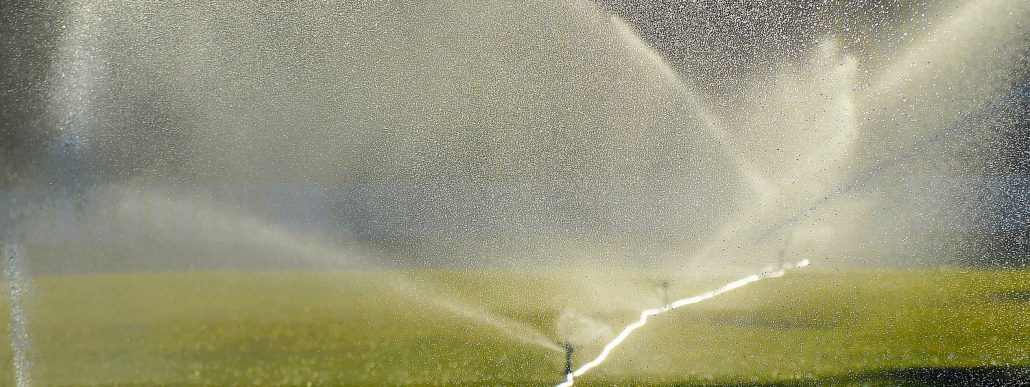Water use efficiency is a measure of how efficiently water is being used to be effectively converted into products, i.e. the ‘value of production per unit water’1. It is an important performance indicator of sustainable production. Water is a finite resource and South Africa is especially water scarce, being the 29th driest country in the world1. Rainfall is not always consistent and therefore cannot be relied upon to provide enough water for indefinite periods of time. There is also great competition for water resources in South Africa due to the finite supply1.
These challenges surrounding water use and the limited supply of water in South Africa means it will be beneficial for farmers to become more efficient in their water use, so as to have a smaller need that can be more easily met. This is especially important in times of water scarcity and drought. It is also beneficial to the environment as agriculture will have a smaller demand on scarce water resources.
Water use efficiency is a measure of sustainability. By measuring water use efficiency farmers are made aware of where and how much water they are using on their farm. Through this process farmers can identify areas where efficiency can be improved, therefore helping them to save water.
In simple terms, better water use efficiency equals saving money and more sustainable agriculture, therefore a lower impact on the environment.
References:
- Muller M, Schreiner B, Smith L, van Koppen B, Sally H, Aliber M, Cousins B, Tapela B, van der Merwe-Botha M, Karar E & Pietersen K. 2009. Water security in South Africa. Development Planning Division Working Paper Series No. 12. Development Bank of Southern Africa.
- A carbon footprint assessment for pasture-based dairy farming systems in South Africa - 2024-02-07
- What progress have farms participating with Trace & Save made over the past 10 years? - 2023-09-06
- Carbon footprint reduction over time: Lessons from pasture-based dairy farms in South Africa - 2023-09-04


